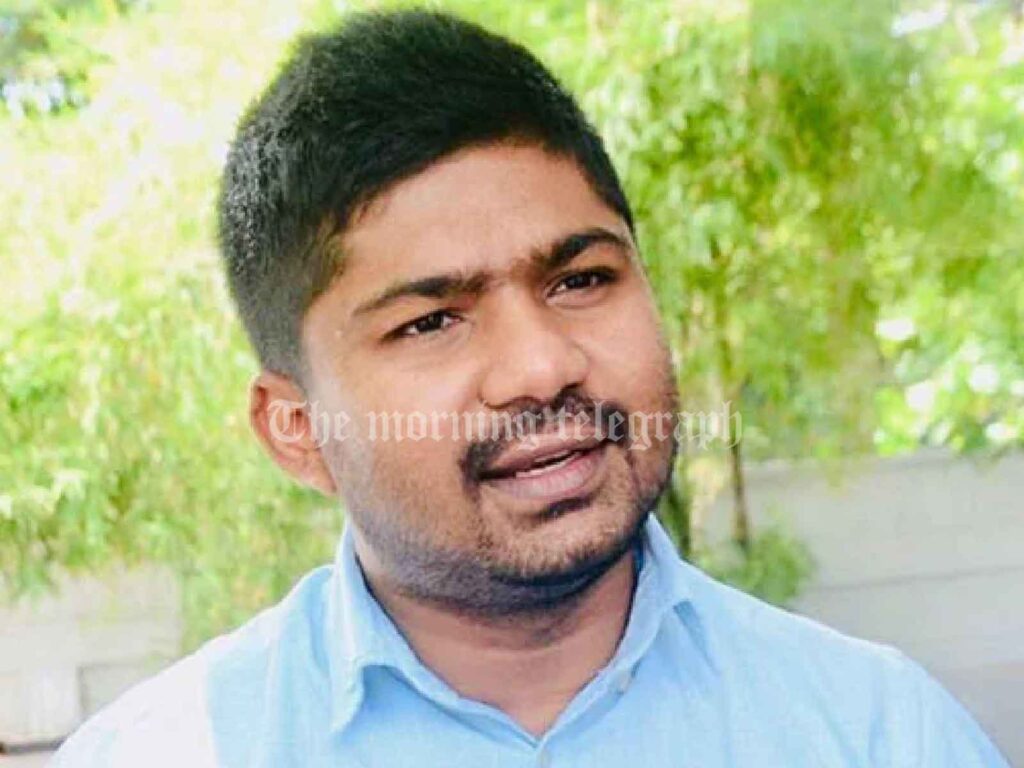
Colombo, Sri Lanka – Former State Minister DV Chanaka has raised significant concerns regarding the high taxation on petrol and diesel, arguing that removing these taxes could lead to a drastic reduction in fuel prices. He claims that if the government eliminated fuel taxes, the market price for petrol and diesel could be set between 170 and 190 rupees per liter.
In a recent interview on Hiru TV, Chanaka emphasized his anticipation for the government to act on this issue, highlighting that he had promised voters during his campaign with the National People’s Party to provide fuel without taxes. He stated, “The removal of fuel tax does not require Parliamentary approval; the President, acting as the Minister of Finance, can enact this change through a simple gazette notification.”
Chanaka’s assertions come amid rising public frustration over fuel prices, which have continued to burden consumers. He pointed to the government’s previous promises, such as a pledge to reduce electricity tariffs by 30%, which has now been revised to a mere 5%. “They have completely deceived the people,” he remarked, criticizing the administration’s failure to fulfill its commitments.
The discussion on fuel prices and taxation comes at a crucial time for Sri Lanka, which is grappling with an ongoing economic crisis. High fuel prices contribute significantly to inflation and the cost of living, prompting widespread discontent among citizens.
Chanaka’s comments reflect a growing sentiment among the public and opposition parties that the government needs to take immediate and decisive action to alleviate the financial strain on consumers. His proposal to remove fuel taxes, while politically appealing, raises questions about potential implications for government revenue and fiscal stability.
As the government navigates its fiscal policies and public discontent, the call for tax-free petrol could become a significant issue in the upcoming parliamentary elections. The ability to provide affordable fuel will likely be a pivotal topic for voters seeking solutions to the ongoing economic challenges in Sri Lanka.




